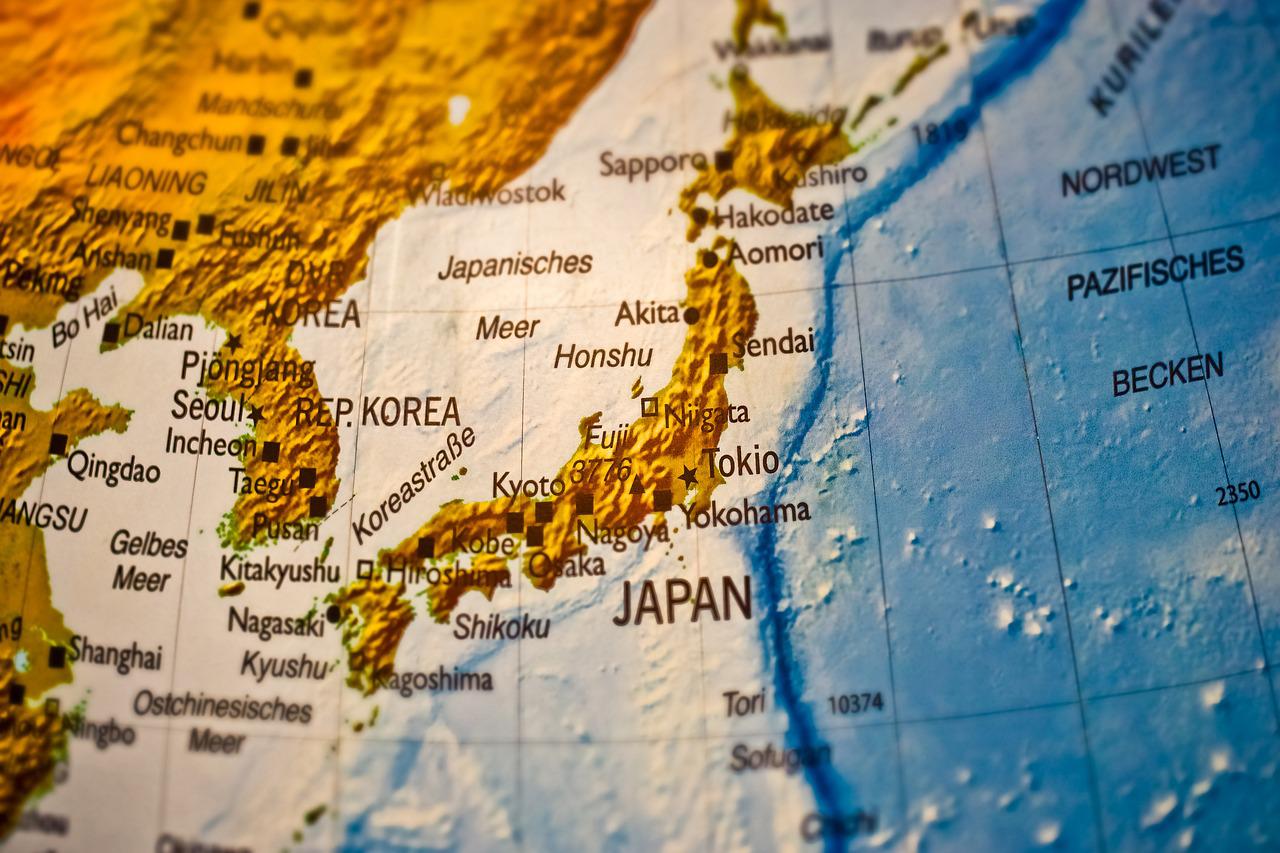On Friday, shares in Asia-Pacific trading were struggling for direction, after Wall Street recorded sharp declines because investors were on edge due to the aggressive monetary policies that could lead to an economic recession.
Indexes Had Mixed Reactions
There was a 1.77% fall recorded in Japan’s Nikkei 225 index, as it closed at 25,963. This was after a fall of 4.24% in shares of SoftBank Group. There was also a 1.71% decline in the Topix index, as it fell to 1,835.90. Meanwhile, a 0.43% decline was also recorded in the Kospi index in South Korea, which ended the trading day at a value of 2,440.93.
The Hang Seng index in Hong Kong was able to recover from some of the losses it made earlier, as it recorded an increase of 1.15% in its final trading hour. There was a 2% rise in the shares of AIA, the life insurance company.
The stocks in mainland China also closed higher, with a 0.96% rise in the Shanghai Composite index, as it reached 3,316.79. There was also a 1.438% gain recorded in the Shenzhen Component, as it reached 12,331.14. A 1.76% decline was recorded in the S&P/ASX 200 index in Australia, which brought it down to 6,474.80. A 0.43% fall in the MSCI index of Asia-Pacific shares, excluding Japan, was also seen.
Analysts Expect Further Downside
Market analysts said that their view remained unchanged in terms of equities. They expect further downside because there is a great deal of volatility in the markets. They added that the markets would only see a recovery after the US Fed decides to stabilize its rate hike, or else things would remain as uncertain as they are now.
Overnight trading saw Wall Street stocks fall sharply, as there was a 3.25% decline in the S&P 500 index that brought it down to 3,666.77. There was also a 4.08% fall in the tech-heavy Nasdaq Composite, while a 2.42% drop recorded in the Dow Jones Industrial Average.
Bank of Japan Does Not Change Policy
The Bank of Japan had its policy meeting on Friday and stated that it would continue to keep its interest rates low and would not tighten monetary policy. After the decision, the Japanese currency weakened by 1.5% against the dollar to trade at 134.30. However, it was still stronger than the level of 135 that it had reached in the same week.
The decision of the Japanese central bank is in sharp contrast with the stance of the rest of the central banks in the world. Earlier this week, the Swiss National Bank, the Bank of England and the US Federal Reserve all hiked their interest rates. The European Central Bank also said that it would begin the same in the coming month.
Market analysts said that the problem was a contradiction in the markets; they want to banks to do something to control inflation and when they hike up rates, the markets get shocked. This has led to a great deal of volatility.

